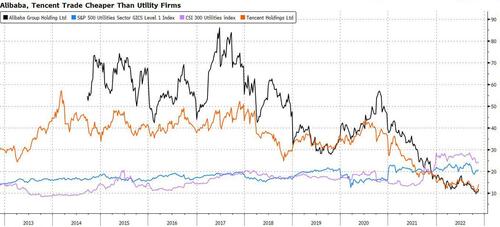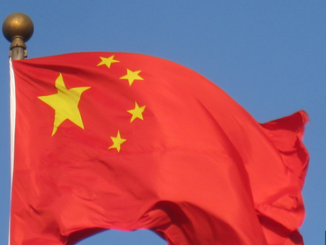
By Ye Xie and George Lei, Bloomberg Markets Live commentators and reporters
Three things we learned last week:
1. Good policy news is bad news for Chinese bonds. Bonds tumbled the most in six years earlier in the week amid growth optimism following the government’s loosening of Covid restrictions and support for the housing market. The selloff prompted retail investors to pull money from wealth-management bond products, which fueled a spiral of price declines and accelerating withdrawals. While redemption remains a wild card, it’s unlikely that rates will keep shooting up. The interbank borrowing costs have already converged with the central bank’s benchmark after persistently staying below. That limits the scope for further tightening unless the PBOC shifts its policy stance. On Friday, the PBOC added liquidity to the banking system for a second day, suggesting that it doesn’t want to see borrowing costs rise much further.
After the selloff, five-year swap rates are about 80 bps above the PBOC’s policy rate, surpassing levels seen in the second half of 2020. The market looks as if it is pricing in a V-shaped recovery similar to the one two years ago. Those expectations may be misplaced. “We believe the valuation is getting stretched,” Bank of America’s strategists, including Janice Xue, told their clients.
2. That’s because Covid reopening takes time. A little over a week since Beijing issued 20 new guidelines for easing Covid controls, fear and confusion lingers. With daily cases near record highs, China’s largest cities saw dramatic declines in subway traffic due to movement curbs, infection and quarantine worries. That said, there have been only 61 severe cases across the country out of hundreds of thousands of infections in recent weeks. Both authorities and the public may feel more confident in resuming a normal life if severe cases stay low.
3. Tech companies still trade with lower valuations than utilities. The three large Chinese tech firms reported mixed earnings last week. Alibaba posted a surprise loss, while Tencent saw revenue shrink for the second straight quarter. JD.com fared better, reporting higher sales. Even after the recent rally, Alibaba and Tencent are trading at valuations below utility companies in China and the US, underscoring investors’ skepticism toward big tech’s future under Beijing’s “common prosperity” drive.



